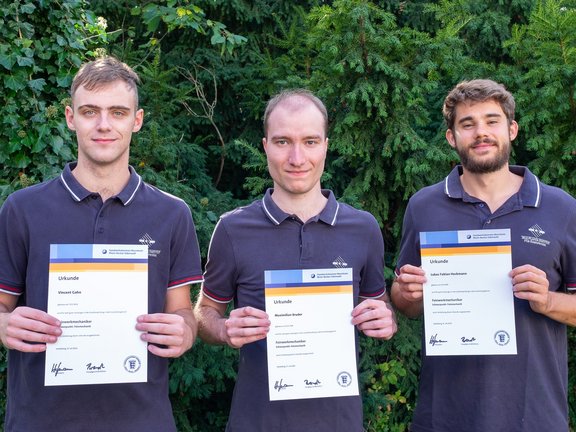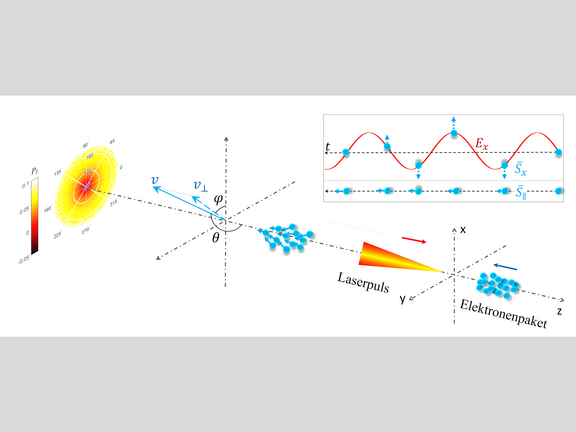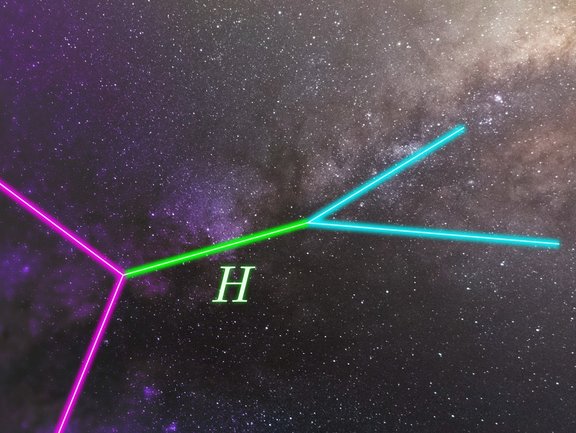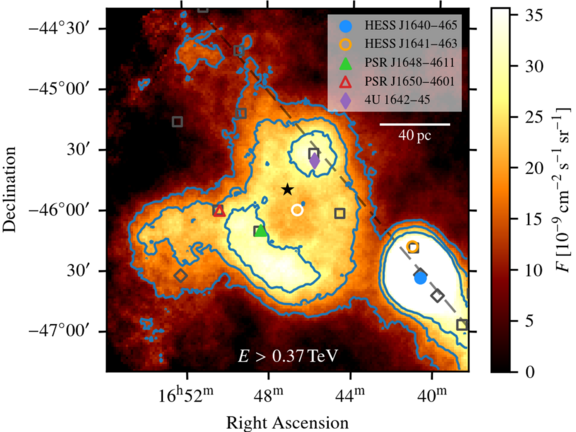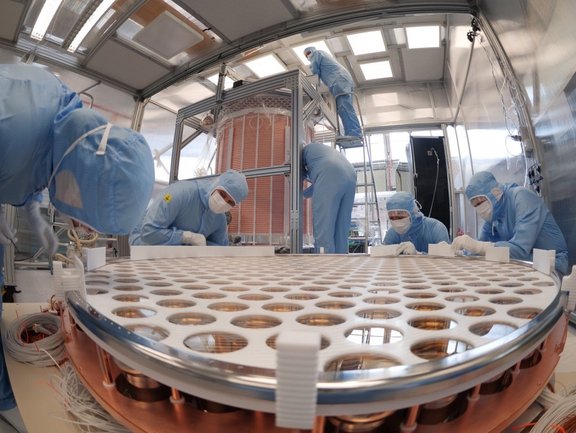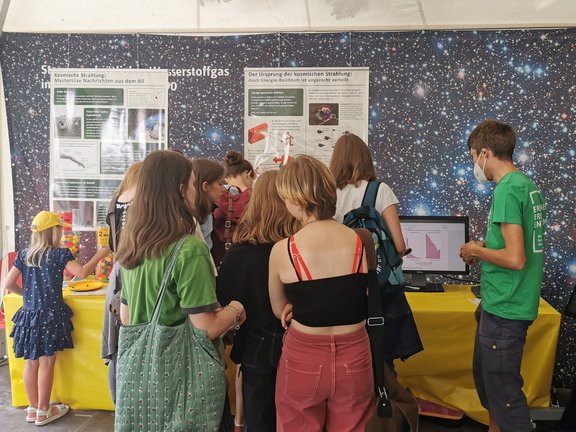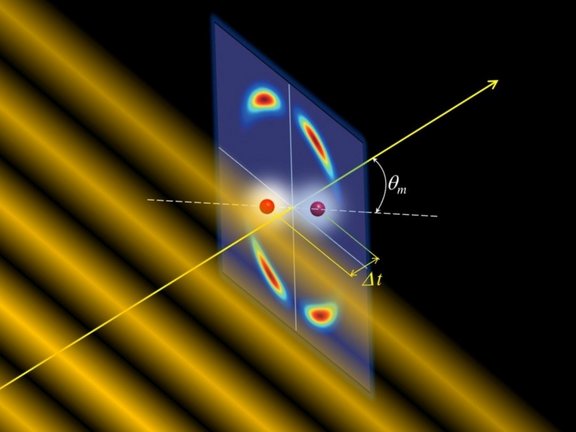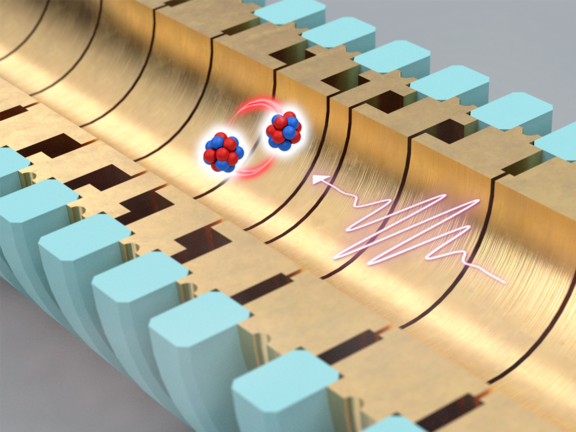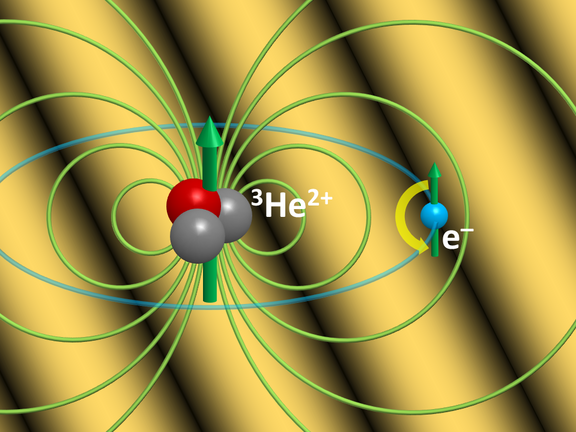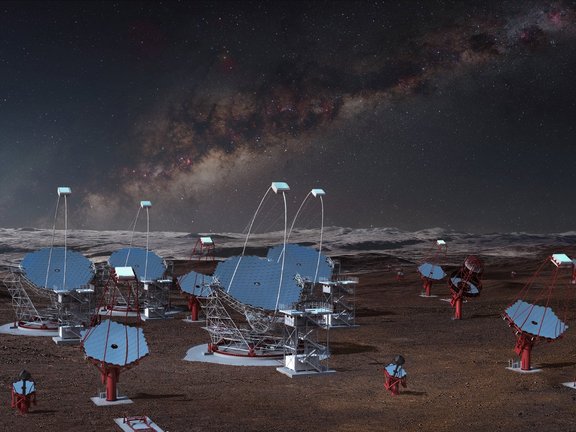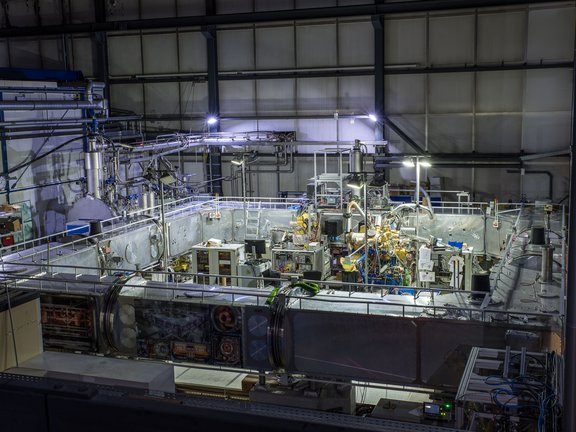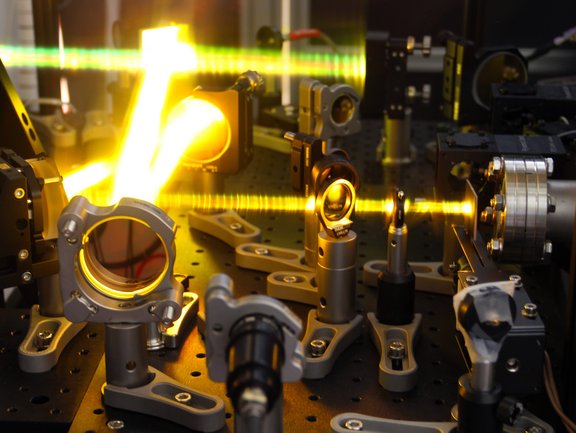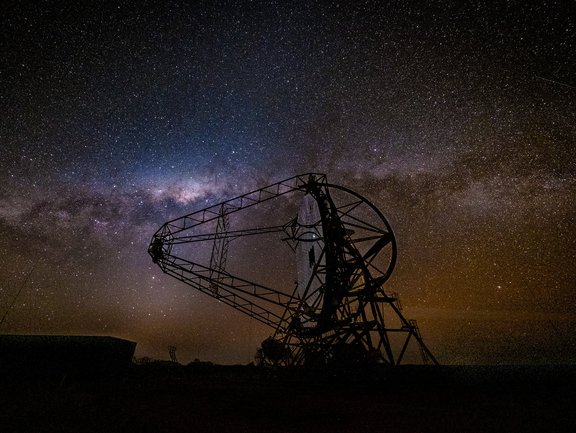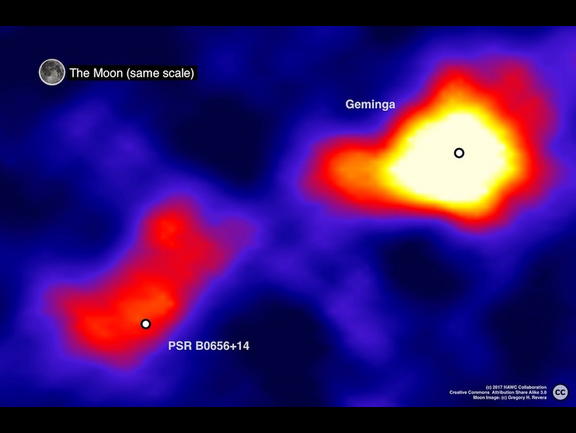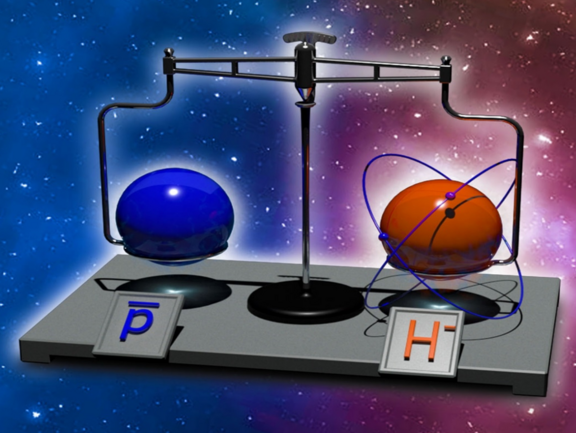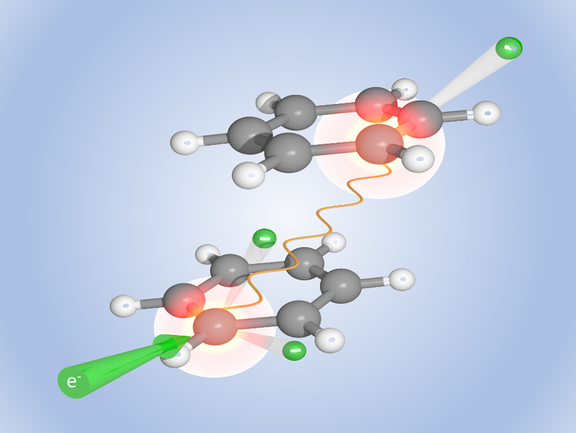All News
Trauer um Volker Soergel
Das Max-Planck-Institut für Kernphysik trauert um sein Auswärtiges Wissenschaftliches Mitglied Prof. Dr. Dr. h.c. mult. Volker Soergel, der im Alter…
Erfolgreiche Feinmechanik-Azubis
Ein komplettes Lehrjahr konnte seine Ausbildung zum Feinwerkmechaniker, Fachrichtung Feinmechanik ein halbes Jahr früher als üblich abschließen. Alle…
Suitable polarization of ultrarelativistic electrons for high-energy experiments
High-precision high-energy physics at accelerators demands longitudinally spin-polarized electron beams, e.g., the Q-weak experiment at Jefferson Lab…
Klaus Blaum elected to the Heidelberger Akademie der Wissenschaften
Since 06.09.2022 Klaus Blaum is officially a full member of the Heidelberger Akademie der Wissenschaften. As director at the MPI for Nuclear Physics,…
A second Higgs can enable light Dark Matter particles
There must be much more matter in the Universe than is visible. The nature of this dark matter is still a big puzzle − despite numerous attempts to…
Westerlund 1: a powerful cosmic-ray accelerator
Since more than 100 years, we know that cosmic rays – charged particles – are accelerated to extremely high energies in the Milky Way, our galaxy. And…
First results from a Search for New Physics in Electronic Recoils from XENONnT
XENONnT, the latest detector of the XENON Dark Matter program, shows an unprecedentedly low background which facilitates searches for new, very rare…
Statistics from Outer Space - The MPIK at the Explore Science
What do two dice have to do with the acceleration of charged particles in the universe? How do researchers detect extremely energetic light from…
Molecular double-slit and quantum tunnelling in intense laser light
When a light wave hits a double-slit, a characteristic pattern of bright and dark stripes appears behind the obstacle, generated by constructive or…
Quantum electrodynamics tested 100 times more accurately
Using a newly developed technique, scientists at the Max Planck Institute for Nuclear Physics (MPIK) in Heidelberg have measured the very small…
How magnetic is helium-3?
In a joint experimental-theoretical study, physicists at the Heidelberg Max Planck Institute for Nuclear Physics (MPIK), together with collaborators…
Key milestone towards establishing the CTA Observatory
Formal request to establish the CTAO ERIC submitted
Collisions with electrons cool molecular ions
Laser spectroscopic measurements on methylidene ions in the CSR using the elektron cooler
Intense laser light modifies the pairing of electrons
The quantum-mechanical exchange interaction between electrons, a consequence of the Pauli exclusion principle, can be specifically modified with…
Appointment of Giorgio Busoni
Assistance Professorship at the Australian National University
Frederik Depta receives a Best Paper Award
Frederik Depta receives a Best Paper Award from the Cluster of Excellence "Quantum Universe" for his paper "Dark Matter from Exponential Growth"…
H.E.S.S. watches a nova outburst for the first time
Last August marked the first opportunity to observe a nova outburst in very-high-energy gamma rays and to follow both its growth and subsequent fading…
Tracers of cosmic ray propagation
Halos around pulsars in very-high-energy gamma rays provide decisive clues.
Matter/antimatter symmetry and “antimatter clock” studied at once
In Nature, the BASE collaboration at CERN reports on the world's most accurate comparison between protons and antiprotons: The charge-to-mass ratios…
Explosion in a biomolecule
When cells are exposed to ionising radiation, more destructive chain reactions may occur than previously thought. An international team led by…

